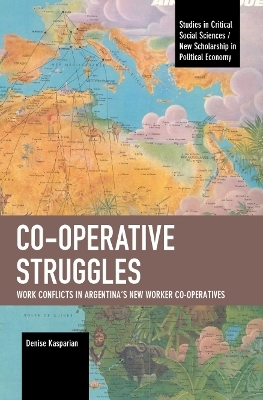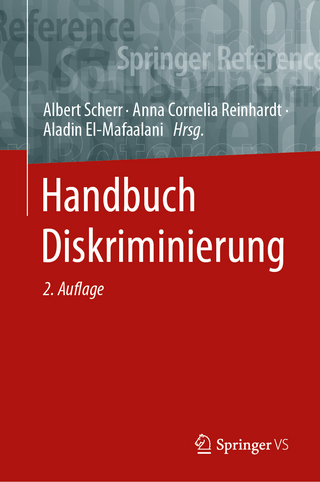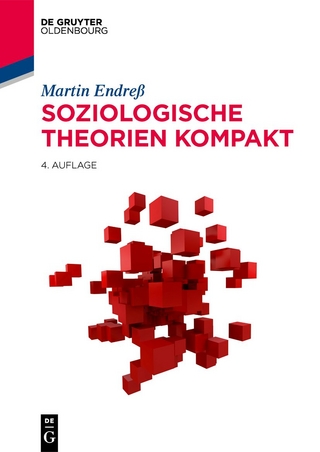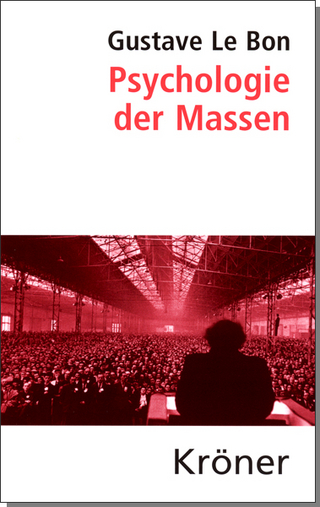
Co-operative Struggles
Haymarket Books (Verlag)
978-1-64259-802-5 (ISBN)
In Co-operative Struggles, Denise Kasparian expands the theoretical horizons regarding labour unrest by proposing new categories to make visible and conceptualize conflicts in the new worker co-operativism of the twenty-first century.After the depletion of neoliberal reforms at the dawn of the twenty-first century in Argentina, co-operativism gained momentum, mainly due to the recuperation of enterprises by their workers and state promotion of co-operatives through social policies. These new co-operatives became actors not just in production but in social struggle. Their peculiarity lies in the fact that they shape a socio-productive form not structured by wage relations: workers are at the same time owners of the firms. Why, how, and by what cleavages and groupings do these co-operative workers without bosses come into conflict?
Denise Kasparian is Assistant Professor at the University of Buenos Aires and Researcher at the National Scientific and Technical Research Council. She has published books and articles on conflict and social change in co-operatives.
Foreword The Democratisation of Conflict
Acknowledgements
List of Figures, Tables and Images
Introduction
1 The Question of Work Conflicts in New Co-operatives
2 Dimensions of New Social Conflicts in Co-operative Socio-productive Contexts
3 The Challenge of Comparing Paradigmatic but Non-equivalent Experiences: Studying a Whole That Acts as a Whole
4 The Structure of the Book
1 Co-operatives ‘Made in Argentina’ The Process of Enterprise Recuperation by Their Workers
1 The Socio-genesis of the Processes of Enterprise Recuperation
1.1 When Worker Resistance Becomes an Offensive Movement
1.2 The Widespread Crisis of 2001–2002, or Adding Fuel to the Fire
1.3 The Movement of the Flames
2 The Evolution of Enterprise Recuperation Processes
2.1 The Fuel of the Growing Economy Keeps the Flames of Production Moving
2.2 The Moral Economy of Work in the Continued Presence of Enterprise Recuperations
2.3 “Argentina Is One Big, Recuperated Factory”: Public Policies for Recuperated Enterprises
2.4 The Movement’s Fragmentation, Co-operative Convergence and Union Rapprochement
2 Incubated Co-operatives Co-operative Formation under the Argentina Works Programme
1 Social Schemes with Work Requirement: From Workfare to the Argentina Works Programme
2 The Mediation of Unemployed Workers’ Organisations: Civil Associations, Productive Units and Co-operatives
3 The Dual Logic of the Argentina Works Programme’s Socio-genesis: Creating Jobs and Co-ordinating Local Politics
4 Induced Co-operatives? The Struggle of Unemployed Workers’ Organisations
4.1 The Evolution of the Argentina Works Programme
4.2 The Intensity and Dynamics of Contentious Action
4.3 The Demands and Forms of Contentious Action
3 Keeping and Having a Job A Milestone in Constitutive Conflicts
1 ‘Occupy, Resist, Produce’ … and Have!
2 From ‘Induction’ to the ‘Co-operative without Brokers’
3 A Comparative Lens on Constitutive Conflicts
4 The Recuperated Enterprise and Social Power in Production
1 Recuperators, Activists and the ‘Born and Bred’
2 Property Relations: Social Possession and Differential Appropriation of the Fruits of Labour
3 The Logic of Production and the Issue of Sustainability in Recuperated Enterprises
4 The Political Dimension: Between Self-management and Delegation
5 Social Groupings and Potential Antagonisms: Opportunity Hoarding, Enterprise Projects and Work Generations
5 The Argentina Works Co-operative and State Power in Production
1 The Labour and Socio-spatial Precarity of Argentina Works Programme Workers
2 Property Relations: Social Possession and Autonomy
3 The Logic of Production: Between Subsistence and Political Accumulation
4 The Political Dimension: State Power and Co-management
5 Social Groupings and Potential Antagonisms: State Officials, Co-operative Members and Activists
6 The Production of Co-operative Conflict
1 Board Removals: Conflicts over the Running and Expansion of the Productive Process
2 Regulations, Sanctions and Exclusions: From ‘Founder Members’ to ‘ Founderer Members’
3 “We Fought over the River Module”: The Conflict over Autonomous Work
4 Between Subsistence Consumption and Political Accumulation in the Social Organisation
5 A Comparative Lens
7 Conclusions
1 The New Twenty-First-Century Co-Operativism and Its Struggles Around Work
2 What Patterns of Conflicts are There without Bosses? Towards a Theory of Unrest in Worker Co-operatives
3 From Prelude to Present: A Toolbox for New Research Questions
Bibliography
Index
| Erscheinungsdatum | 14.11.2022 |
|---|---|
| Reihe/Serie | Studies in Critical Social Science |
| Zusatzinfo | Illustrations |
| Verlagsort | Chicago |
| Sprache | englisch |
| Maße | 152 x 228 mm |
| Themenwelt | Sozialwissenschaften ► Soziologie ► Allgemeine Soziologie |
| Sozialwissenschaften ► Soziologie ► Makrosoziologie | |
| Wirtschaft | |
| ISBN-10 | 1-64259-802-X / 164259802X |
| ISBN-13 | 978-1-64259-802-5 / 9781642598025 |
| Zustand | Neuware |
| Haben Sie eine Frage zum Produkt? |
aus dem Bereich


